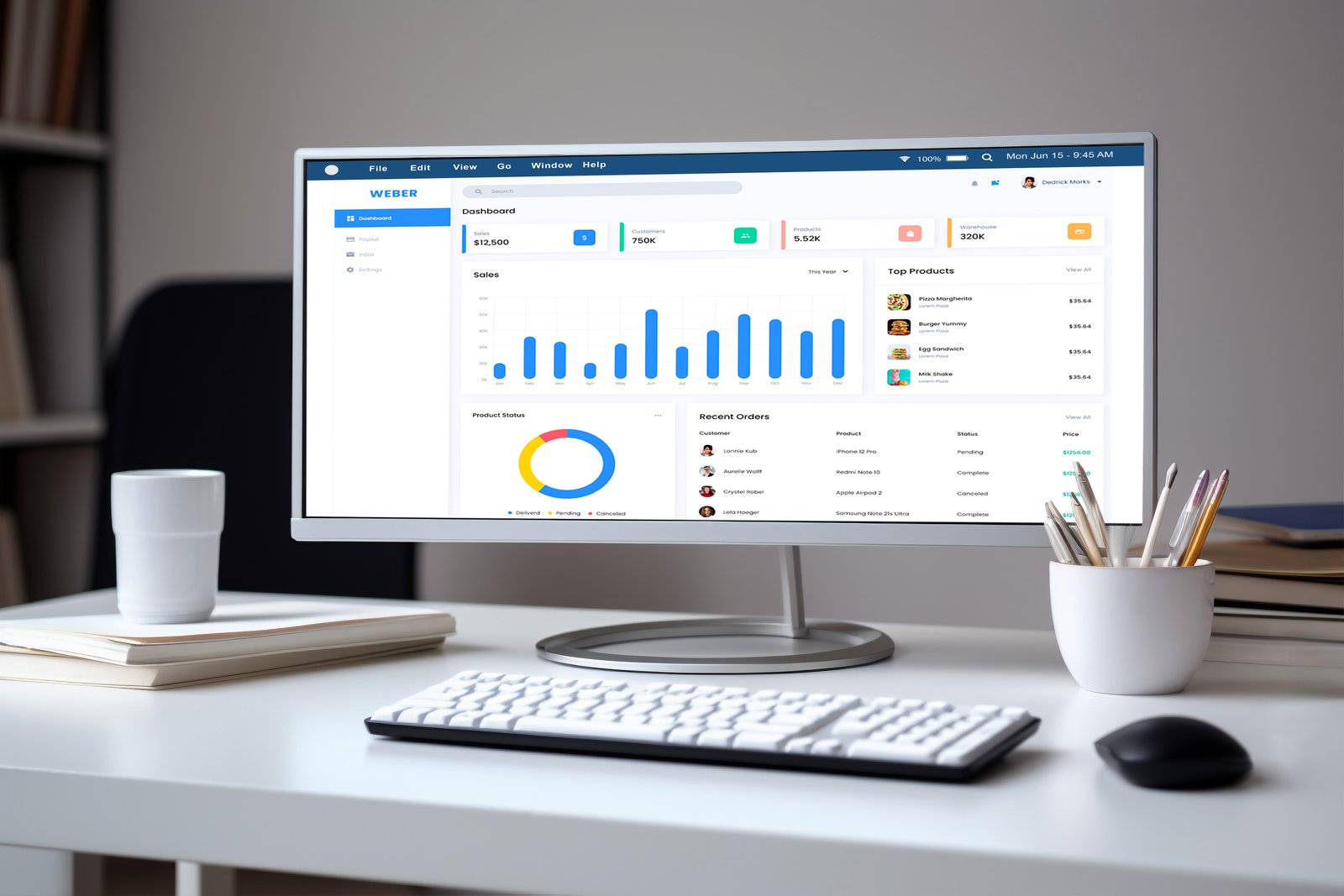
Choosing the Right Accounting Software for Your Small Business
Selecting the right accounting software is a critical decision for small business owners. The right tool can streamline financial management, save time, and provide valuable insights into your business’s performance. At Two Palms Accounting and Tax Solutions, we’ve helped countless businesses choose software that fits their unique needs. Here’s a guide to help you make an informed decision.
1. Assess Your Business Needs
Before diving into software options, evaluate your business’s specific requirements. Do you need robust inventory tracking for a retail business? Are multiple user accounts necessary for a growing team? Does your business require payroll integration or advanced reporting features? For example, a freelancer may need simple invoicing and expense tracking, while a manufacturing company might require complex inventory and cost management. Identifying these needs upfront ensures you choose software that aligns with your operations.
Pro Tip: Create a list of must-have features and nice-to-have features to narrow down your options effectively.
2. Explore Popular Accounting Software Options
Several accounting software solutions dominate the market, each with its strengths. QuickBooks is often considered the gold standard for small businesses due to its comprehensive features, including invoicing, payroll, and tax preparation tools. It’s ideal for businesses that need scalability. Xero is a strong alternative, particularly for businesses that value cloud-based access and seamless bank reconciliation. FreshBooks is user-friendly and well-suited for service-based businesses or freelancers who prioritize invoicing and time tracking. Each platform has unique strengths, so compare them against your needs.

3. Consider Ease of Use and Integration
Your accounting software should be intuitive, especially if you or your team lack extensive accounting experience. Look for platforms with clean interfaces and robust customer support. Additionally, check whether the software integrates with other tools you use, such as payment processors (e.g., PayPal, Stripe), CRM systems, or e-commerce platforms. Integration reduces manual data entry and improves efficiency.
4. Evaluate Cost and Scalability
Pricing varies widely among accounting software options. QuickBooks offers plans ranging from $15 to $200 per month, depending on features. Xero’s plans start at around $13 per month, while FreshBooks begins at $15 per month. Consider both your current budget and future growth. Will the software accommodate your needs as your business expands? Avoid solutions that require significant upgrades or additional costs as your transaction volume or user count increases.
Choosing the right accounting software can transform your financial management, saving you time and providing clarity on your business’s health. At Two Palms Accounting and Tax Solutions, we can assess your business’s size, industry, and growth plans to recommend the best solution. Contact us today to schedule a consultation and take the first step toward efficient bookkeeping.





0 Comments